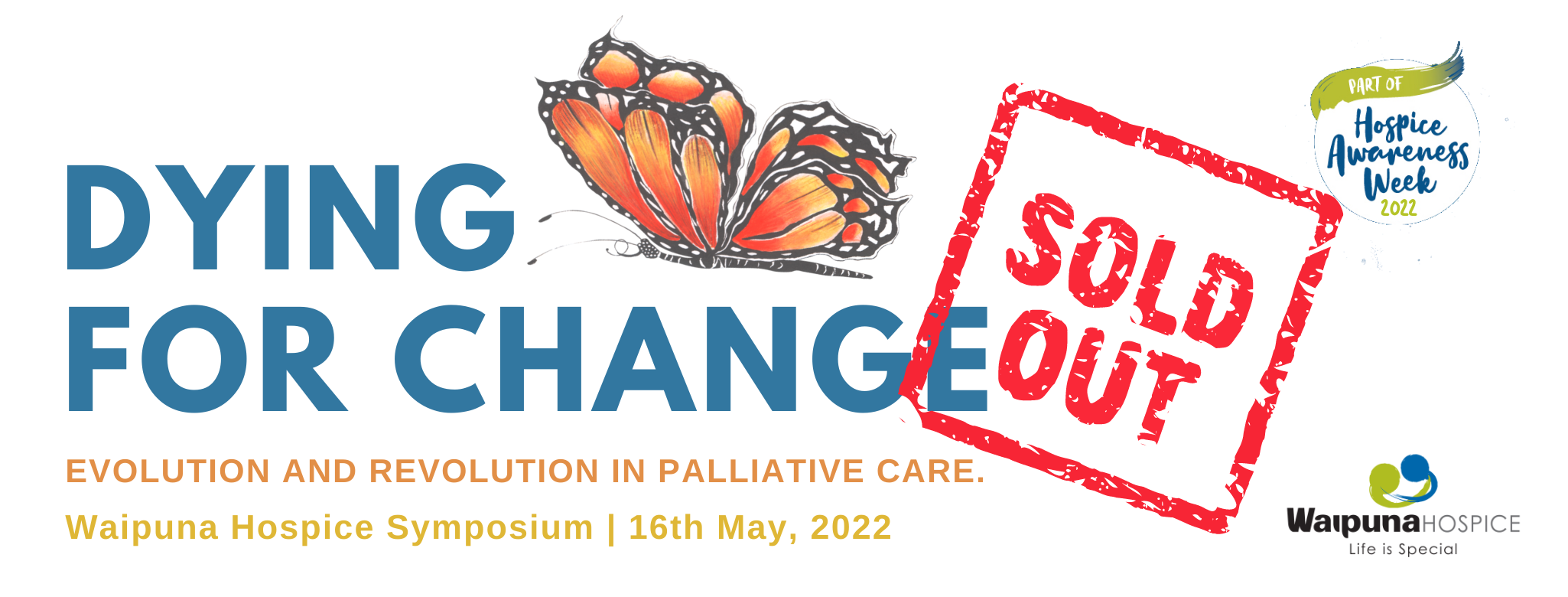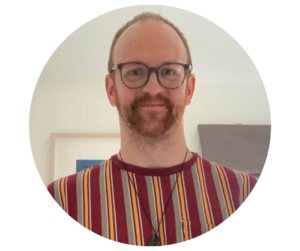Please note this event has sold out.
Join us for the online Waipuna Hospice Symposium ‘Dying For Change – Evolution and Revolution in Palliative Care’.
Our symposium aims to encourage everyone to think about how we can revolutionise end of life care to meet the ever-changing and complex needs of a growing and ageing population. To make this possible, we are bringing together community leaders from local and international health professionals, not for profit organisations and community groups to share their knowledge and experience in creating positive changes to support people at the end of their lives.
This engaging and informative half-day event is for health care professionals that seek further knowledge of palliative care services, as well as educators, students, and carers.
Tickets include access to our online event, including the ability to ask questions of our excellent speakers.









